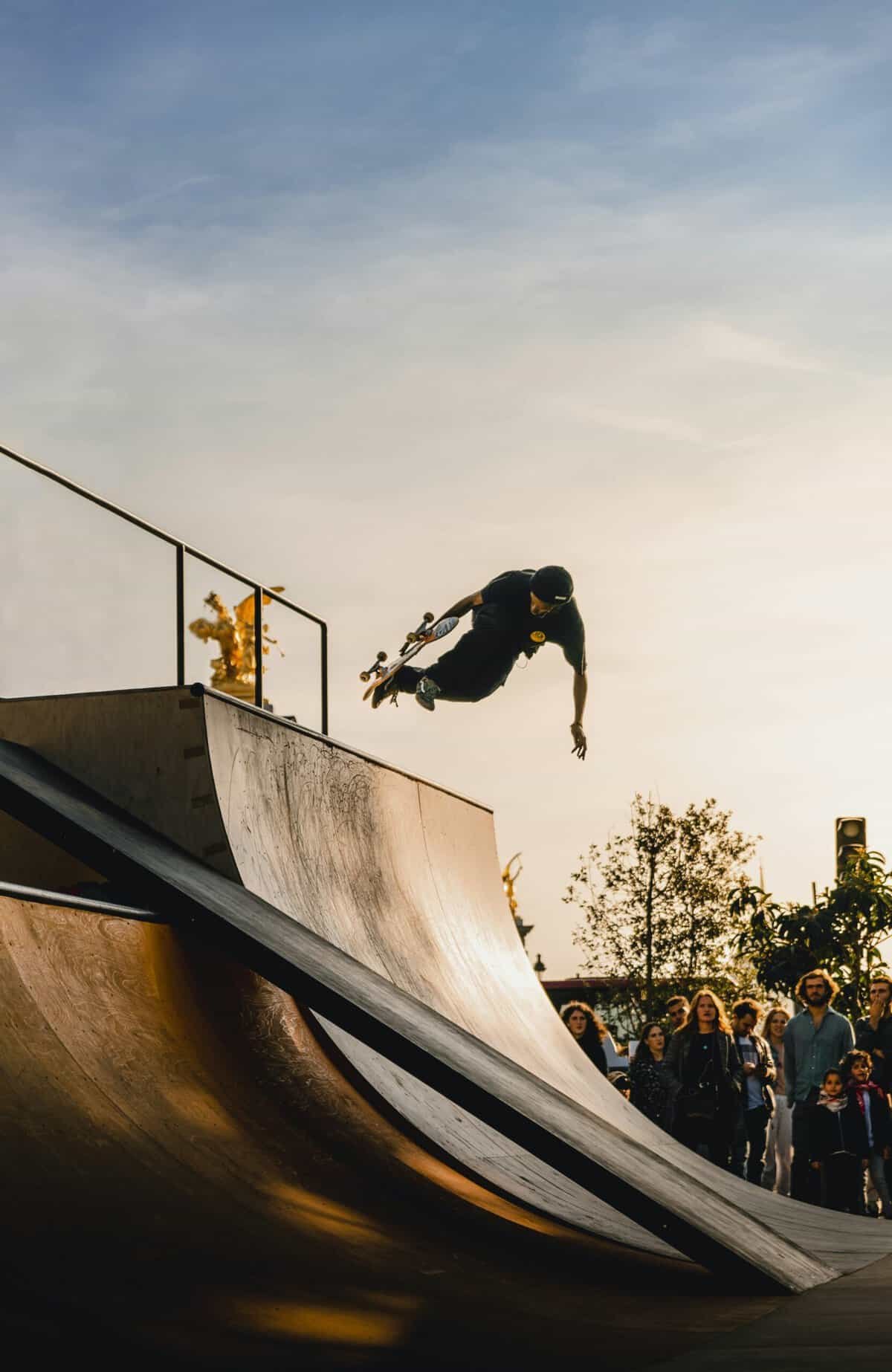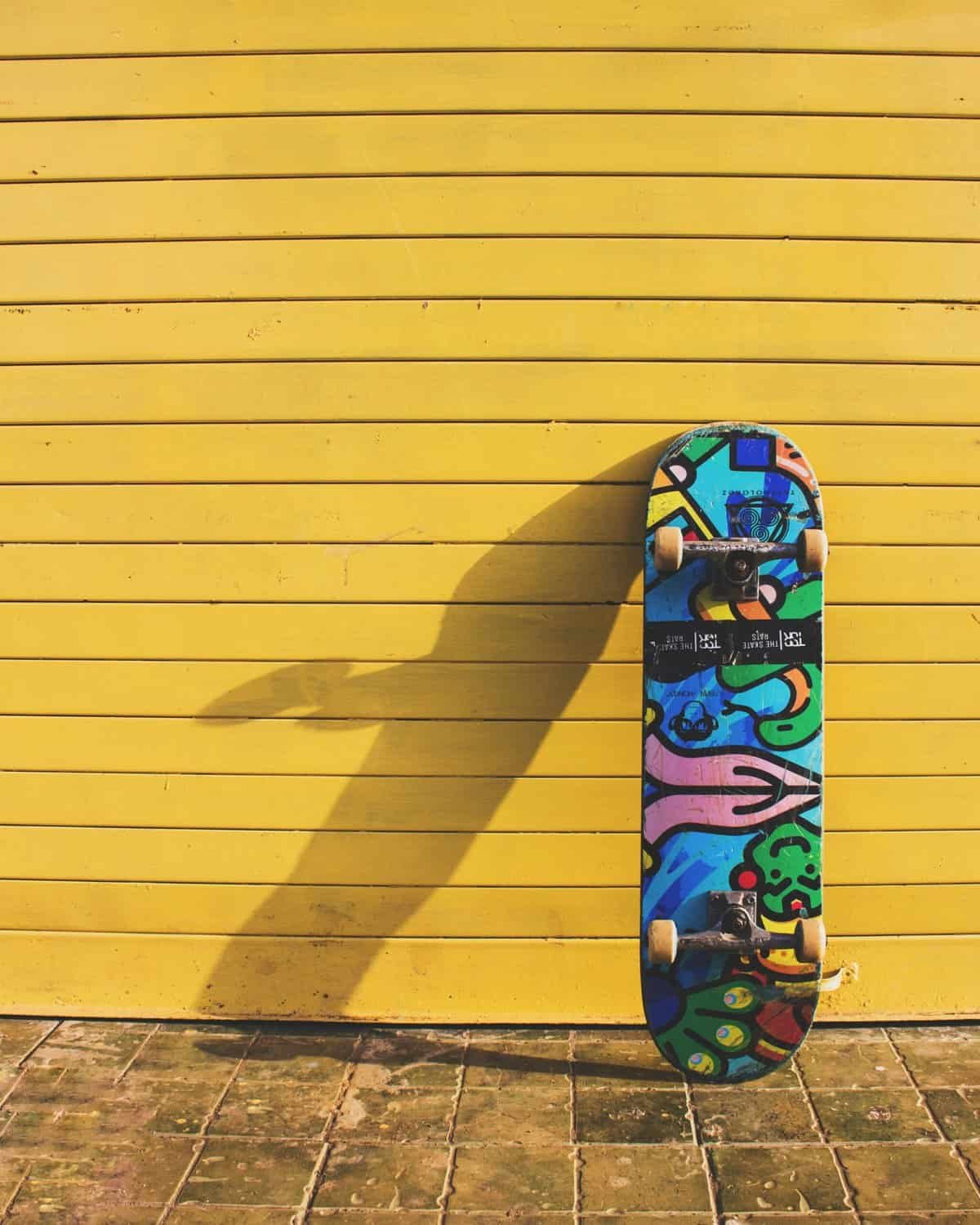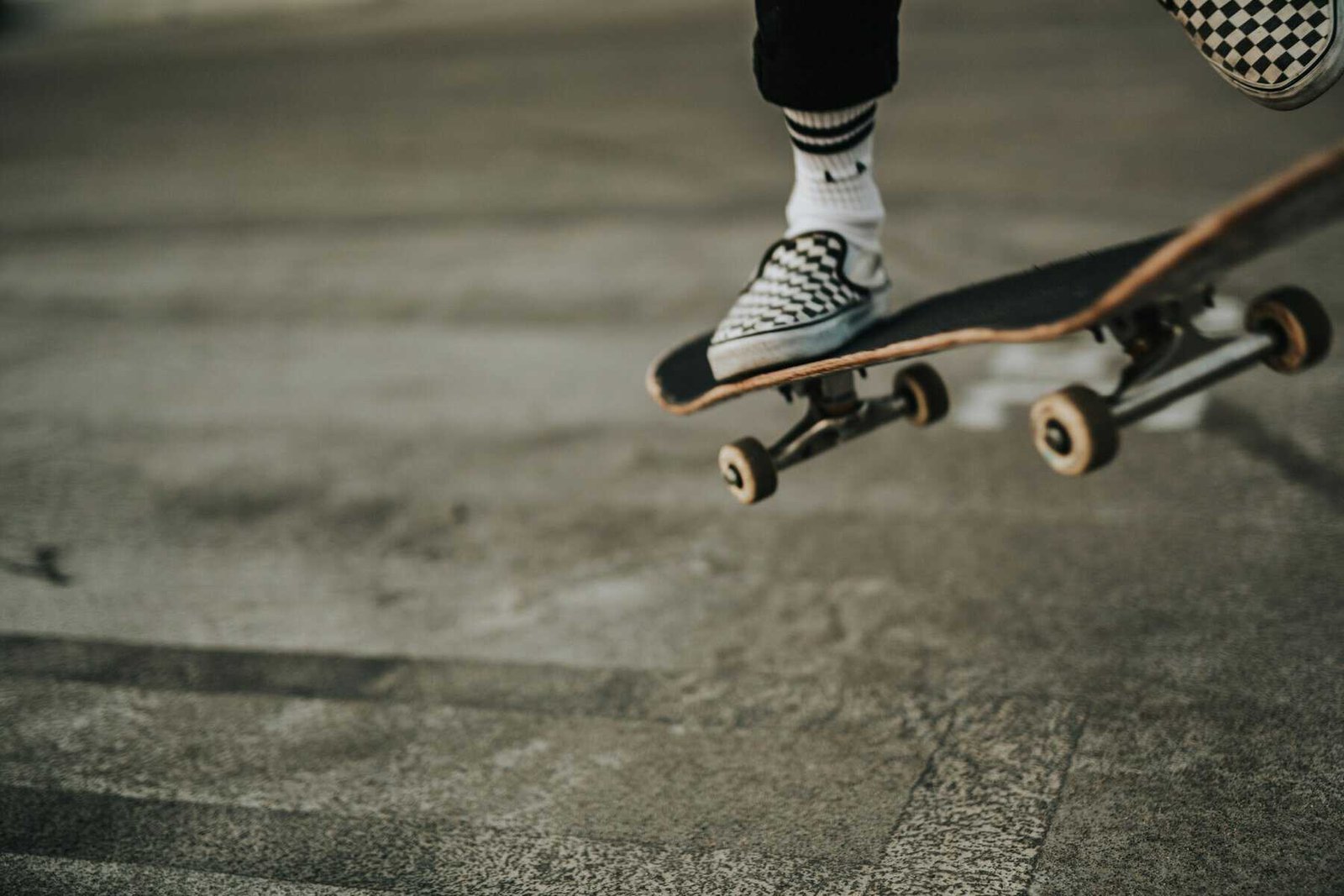Welcome to the exciting world of skateboarding! In this article, “Are There Any Age-specific Considerations For Starting Skateboarding?” you’ll explore how skateboarders of different ages can safely and successfully dive into this exhilarating sport. You’ll learn about the physical and mental readiness for younger kids, the enthusiasm and adaptability of teenagers, and even the unique experiences older adults can enjoy by picking up a skateboard. This insightful read is designed to help you understand what to consider at any age, ensuring a fun and rewarding skateboarding journey for all. Have you ever wondered if there are age-specific considerations for starting skateboarding? Whether you’re a parent thinking about introducing your child to the skateboarding world or an adult considering picking up a new hobby, it’s a common question that has probably crossed your mind. Fear not! This friendly guide is here to help you navigate through the fascinating world of skateboarding and its age-related nuances.

Understanding The Basics of Skateboarding
Before delving into the age-specific considerations, let’s understand what skateboarding is all about. Skateboarding involves riding and performing tricks using a skateboard—a flat, narrow board with four wheels attached. It’s not only a sport but also a fantastic form of exercise, expression, and community engagement.
Health Benefits
Skateboarding isn’t just about looking cool or pulling off impressive tricks. It carries numerous health benefits:
- Physical Fitness: Enhances cardiovascular fitness, strengthens muscles, and improves flexibility.
- Mental Health: Acts as a stress reliever and boosts mental well-being by focusing on tasks at hand.
- Coordination: Improves balance and coordination which are crucial for everyday activities.
Equipment Required
To start skateboarding, you will need:
- Skateboard: A good-quality skateboard is essential.
- Safety Gear: Helmets, knee and elbow pads, wrist guards.
- Comfortable Shoes: Skateboarding shoes offer grip and protection.
Age-specific Considerations
While skateboarding offers fantastic benefits and enjoyment, age can influence how you approach the sport. Let’s break it down by age groups.
For Kids (Ages 5-12)
Kids are enthusiastic and full of energy, making them ideal candidates for skateboarding. However, safety is paramount.
Physical and Mental Development
Kids in this age range are still developing their motor skills and trying to understand spatial awareness. Skateboarding can help in honing these skills but requires close supervision.
Pros:
- Quick Learners: Kids have the ability to learn quickly and adapt to new skills.
- Flexibility: Their bodies are naturally more flexible, reducing the risk of injuries.
Cons:
- Lack of Judgment: May not always understand the consequences of risky behaviors.
- Smaller Size: Needs appropriately sized skateboards and gear to ensure a good fit.
Safety Tips
- Utilize parks specifically designed for younger kids.
- Always use protective gear.
- Never skate without adult supervision.
For Teenagers (Ages 13-19)
Teenagers often have a higher interest in skating due to the cultural appeal and social aspect.
Physical and Mental Development
Teenagers are more capable of understanding the risks involved and can handle more complex tricks, but peer pressure can sometimes lead to risky behaviors.
Pros:
- Stronger and Faster: Greater physical strength and speed.
- Better Judgment: Can make smarter decisions regarding safety.
Cons:
- Peer Pressure: Might engage in dangerous stunts to impress friends.
- Impulsiveness: Sometimes more prone to taking unnecessary risks.
Safety Tips
- Encourage participation in teen-specific skateboarding programs.
- Support them in understanding the importance of wearing safety gear.
- Create an environment where they feel safe discussing their skateboarding experiences.
For Young Adults (Ages 20-35)
This is a prime age for skateboarding due to peak physical condition and better spatial awareness.
Physical and Mental Development
Young adults have typically reached full physical maturity, allowing them to push the boundaries in skateboarding.
Pros:
- Physical Prowess: At their physical peak, meaning they can execute more challenging tricks.
- Financial Independence: Can invest in higher-quality equipment and training.
Cons:
- Work and Life Balance: Time constraints due to job and other responsibilities.
- Old Habits: Harder to unlearn incorrect techniques developed in their younger years.
Safety Tips
- Encourage regular practice while balancing other life responsibilities.
- Invest in professional training if they wish to advance their skills.
- Continue using full protective gear to mitigate the risk of injury.
For Middle-aged Adults (Ages 36-50)
Starting skateboarding in this age range is less common but certainly not impossible.
Physical and Mental Development
People in this age group may experience a decline in flexibility and require more time for recovery after injuries.
Pros:
- Experience and Wisdom: Can approach skateboarding with a mature mindset, which reduces the likelihood of engaging in risky behaviors.
- Financial Stability: Likely to afford higher quality gear and professional training.
Cons:
- Increased Recovery Time: Injuries may take longer to heal.
- Physical Limitations: Need to be mindful of their physical condition and limitations.
Safety Tips
- Start with basic skills and gradually progress.
- Focus on low-impact skateboarding activities.
- Pay extra attention to body signals to prevent overexertion.
For Seniors (Ages 51+)
Yes, even seniors can enjoy skateboarding! However, it’s essential to take plenty of precautions.
Physical and Mental Development
At this stage, balance and flexibility can significantly decrease, and bones may become more brittle.
Pros:
- Quality of Life: Engaging in physical activities can improve overall health and well-being.
- Community Engagement: Gives a sense of belonging and engagement with a potentially new group of friends.
Cons:
- High Risk of Injury: Falls can result in severe injuries.
- Physical Decline: May find it more challenging to perform even basic tricks.
Safety Tips
- Use additional protective gear, such as hip and back protectors.
- Consider low-impact alternatives like longboarding, which doesn’t require tricks.
- Consult a doctor before beginning.

Final Thoughts and Recommendations
While there are age-specific considerations when starting skateboarding, the sport is adaptable and inclusive enough for all age groups. Here’s a quick summary:
| Age Group | Pros | Cons | Safety Tips |
|---|---|---|---|
| 5-12 (Kids) | Quick learners, flexible | Lack of judgment, smaller size | Use safety gear, supervise closely |
| 13-19 (Teenagers) | Stronger, better judgment | Peer pressure, impulsiveness | Skating programs, discuss safety |
| 20-35 (Young Adults) | Physical peak, financial independence | Time constraints, old habits | Balance practice with life, invest in training |
| 36-50 (Middle-aged) | Experienced, financially stable | Longer recovery, physical limitations | Gradual progression, focus on low-impact |
| 51+ (Seniors) | Quality of life, community engagement | High injury risk, physical decline | Extra protection, consider longboarding |
No matter your age, skateboarding can be a rewarding and enjoyable activity. Embrace it with an open mind, stay safe, and have fun!
So, are you ready to grab a skateboard and give it a try? Whether you’re a young child, a teen, or even seasoned in years but young at heart, there’s a slice of skateboarding heaven awaiting you. Enjoy the ride!

